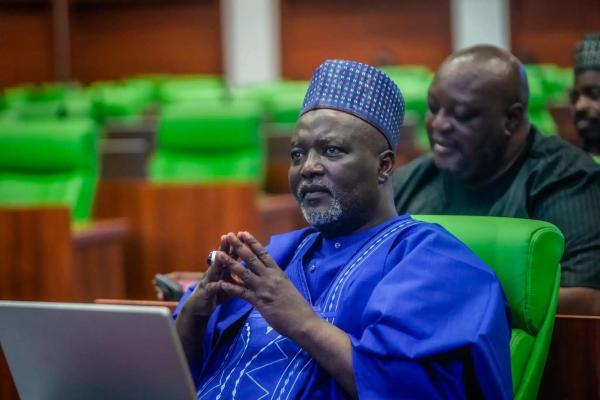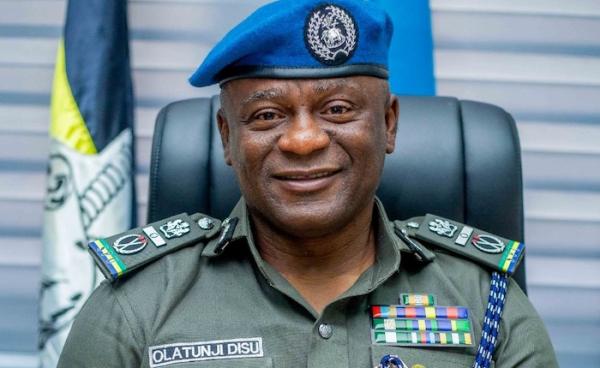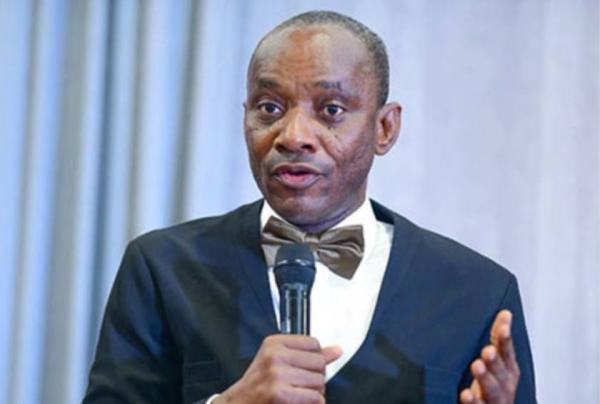
Former Deputy Speaker of the House of Representatives, Ahmed Idris Wase, has raised alarm over security recruitment processes, alleging that Boko Haram members and other criminal elements were discovered on the Nigerian Army and police recruitment lists.
Wase disclosed this on Wednesday, November 26, 2025 during a special plenary session of the House convened to review the national security situation, PremiumTimes reported.
Wase, who represents Wase Federal Constituency of Plateau State, warned that such infiltration is undermining the country’s fight against insurgency and banditry.
Wase said former Chairman of the House Committee on Defence, Muktar Betara, could confirm the incident.
He said the development reflects the deep flaws in Nigeria’s recruitment processes, which have allowed individuals with criminal backgrounds to enter sensitive security institutions.
Wase, who revealed that he lost both a brother and a cousin to terrorists, said the infiltration of the system helps explain why criminal groups continue to operate freely in many parts of the country.
He added that insecurity has become so overwhelming that his surviving younger brother begged him to help secure a transfer out of their community.
"My brother, former chairman of defence, and my very good friend, Betara, will bear with me that we have moments when in the process of recruitment, Boko Haram members were found in the list. Other criminals and armed robbers were found in the list of Nigerian Army and the police. he said.
He cited an incident involving a former Secretary to the Government of the Federation who reportedly spotted a known armed robber in a Nigerian security uniform at an airport and ordered his arrest.
"There has to be a thorough way of ensuring that when we are recruiting, those of us who are politicians should recommend people of good character and integrity. That’s the only way we can solve this problem. You find a criminal in the system, and before you know it, whatever you do, you cannot have the problem resolved.
"So we must change the system and way of our recruitment. Yes, as politicians, it’s good to recommend. This is what we are here for. But when you are recommending, please recommend people of integrity, people that will meet standards and ensure that they give the best access to our country.”
The former deputy speaker warned that Nigeria’s security crisis persists partly because some individuals benefit from the chaos, enabling criminals to move in convoys and operate with impunity.
Wase further lamented the politicisation of indigeneship and citizenship, describing it as one of the key issues dividing the country and calling for constitutional reforms to address the problem.
He noted that kidnapping has become routine, with about N5 billion reportedly paid as ransom in one year, while more than 30,000 people have been killed in Boko Haram-related attacks over time.
Wase urged lawmakers to take a holistic approach to the crisis, stressing that the scale of insecurity facing the country is more dangerous than many realise and requires urgent, coordinated action.
Wase further urged lawmakers to avoid religious narratives that, in his view, distort the true nature of the crisis.
He said more than half of all insecurity incidents recorded in West Africa occur in Nigeria, with the North Central bearing the highest burden.
“North Central is the main area where 52 per cent of the insecurity and insurgency in this country is taking place,” he said. “Our people are dying. Our people have been displaced, those in the military, those in the security forces, and those at home."
He cautioned strongly against attempts to frame the conflict along religious lines, insisting that the violence is driven purely by criminality.
“I want to disagree with those who are bringing the religious inkling into it. In these enclaves, you find Muslims, Christians, pagans. The ones that have been caught include all groups. So how do you define it as genocide against any faith?” he said.
Wase said narratives that cast the violence as a religious war weaken national unity and obstruct solutions.
“It just has to do with criminality, and we must brand it as criminality. Otherwise, that division of religion will continue to attack us, and before we know it, we cannot tackle the problem effectively,” he warned.




















